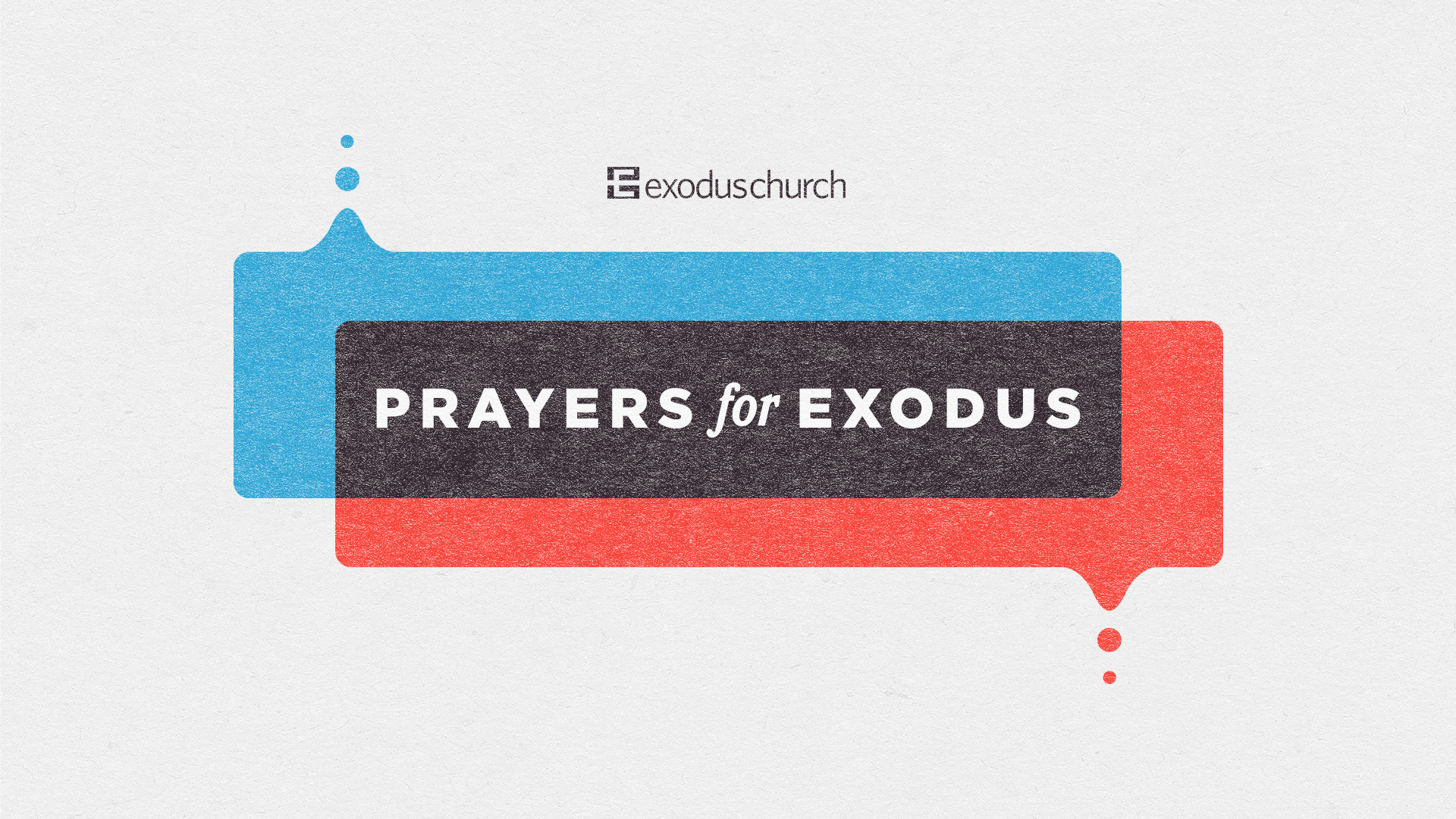Acts is the historical record of the early life of the church. In this narrative history, we see how the Spirit is taking the gospel through normal, everyday believers to the ends of the earth as Jesus promised. We see the first church-planting churches in Jerusalem and Antioch. We see missionaries and planters structure and establish the church for faithful ministry.
In Acts 6, widows are not being served well by the church. This creates potential for disunity in the young church at Jerusalem. The leaders (apostles) understood their role in the church to be about the word and prayer and yet, there was a very real need to be met for these widows and the church as a whole. Structure and delegated ministry was needed.
Many writers point out that this passage was not so much the establishment of an office as it was the precedent for what was to come. I agree with their assessment; however, we do see roles established for leaders and members of the church that grow and develop over the course of church expansion into three primary roles in the church: elders, deacons, and members.
Elders
Elders are biblically qualified men who serve Jesus by overseeing his church. Elders must meet qualifications to hold the office and lead in a manner that reflects the character of Jesus. Elders are to shepherd the flock by exercising oversight (1 Peter 4), guarding the doctrine (Titus 1), leading and teaching (1 Timothy 6), and watching over the flock (Acts 20). The role of elder is closely tied to the role of apostle in Acts 6 — prayer and the ministry of the word.
Deacons
The word deacon doesn’t appear in Acts 6 or in the New Testament until Philippians. Paul never appoints deacons in his ministry during the second part of Acts nor does he mention them in his letter to Titus. However, in his first letter to Timothy, Paul mentions not just the role, but the qualifications for deacons. Deacons are biblically qualified men and women (Romans 16) who serve Jesus by assisting the elders in the work of ministry. Deacons must meet biblical qualifications and serve
in a manner that reflects the character of Jesus. By serving Jesus in this way, deacons free the elders to focus on their ministry of word, shepherding, and leadership.
Members
The final role in the church is that of a member. Members of a local body of believers are those who have been saved by Jesus. They have a place to belong and a part to play. Not only are we members of God’s family, we play a part that is significant and eternally important.
In Ephesians 4, Paul uses a metaphor of the body to show the importance of each part.
Ephesians 4:11-16
And he gave the apostles, the prophets, the evangelists, the shepherds and teachers, to equip the saints for the work of ministry, for building up the body of Christ, until we all attain to the unity of the faith and of the knowledge of the Son of God, to mature manhood, to the mea- sure of the stature of the fullness of Christ, so that we may no longer be children, tossed to and fro by the waves and carried about by every wind of doctrine, by human cunning, by craftiness in deceitful schemes. Rather, speaking the truth in love, we are to grow up in every way into him who is the head, into Christ, from whom the whole body, joined and held together by every joint with which it is equipped, when each part is working properly, makes the body grow so that it builds itself up in love.
Do you see that last part? The Body (Church) grows when each part is working properly. When elders lead, deacons serve, and members faithfully participate, the Body grows. If we are to be a faithful church, we must have elders who shepherd and lead, deacons who serve and assist, and members who play their parts well.




